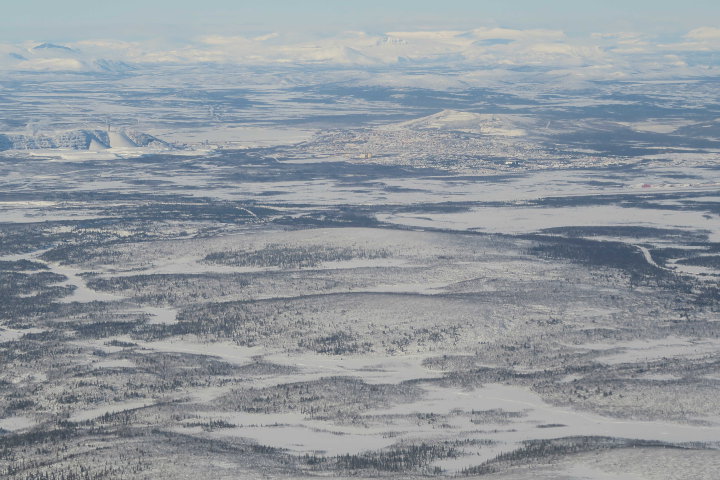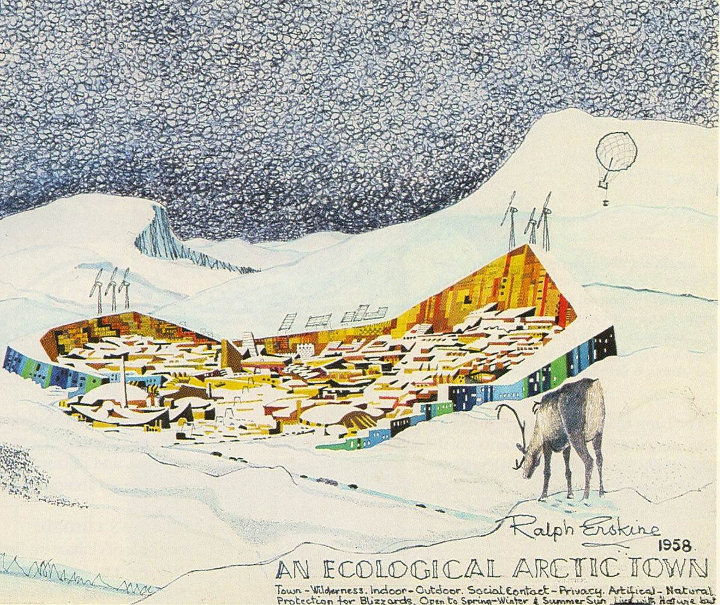Comparative global learning: Theorizing transitions to sustainable futures (RT 10)
Sustainability pathways are always local, but lessons may nonetheless be learned from comparative studies. Long-term sustainability in Arctic communities affected by extractive industries can therefore benefit from interactive learning relations with communities elsewhere.


Comparative global learning: Theorizing transitions to sustainable futures (RT 10)
Sustainability pathways are always local, but lessons may nonetheless be learned from comparative studies. Long-term sustainability in Arctic communities affected by extractive industries can therefore benefit from interactive learning relations with communities elsewhere. Empirical elements of this appear in several Research Tasks. This Research Task provides a continuous REXSAC-wide forum for reflexive theorizing about conditions for this transition, organized as a series of small workshops with invited contributors from selected RTs, representatives of Arctic communities and end users, and REXSAC PhD students, whose participation will add value to the specific content of their studies. The research task makes active use of existing empirical and theoretical work from around the Arctic but also from around the world.
Large image: Kiruna from above March 2016. Photo: A. Nilsson
Small Image: Ralph Erskin’s vision of Kiruna as Ecological Arctic Town, 1958 (slightly cropped)



